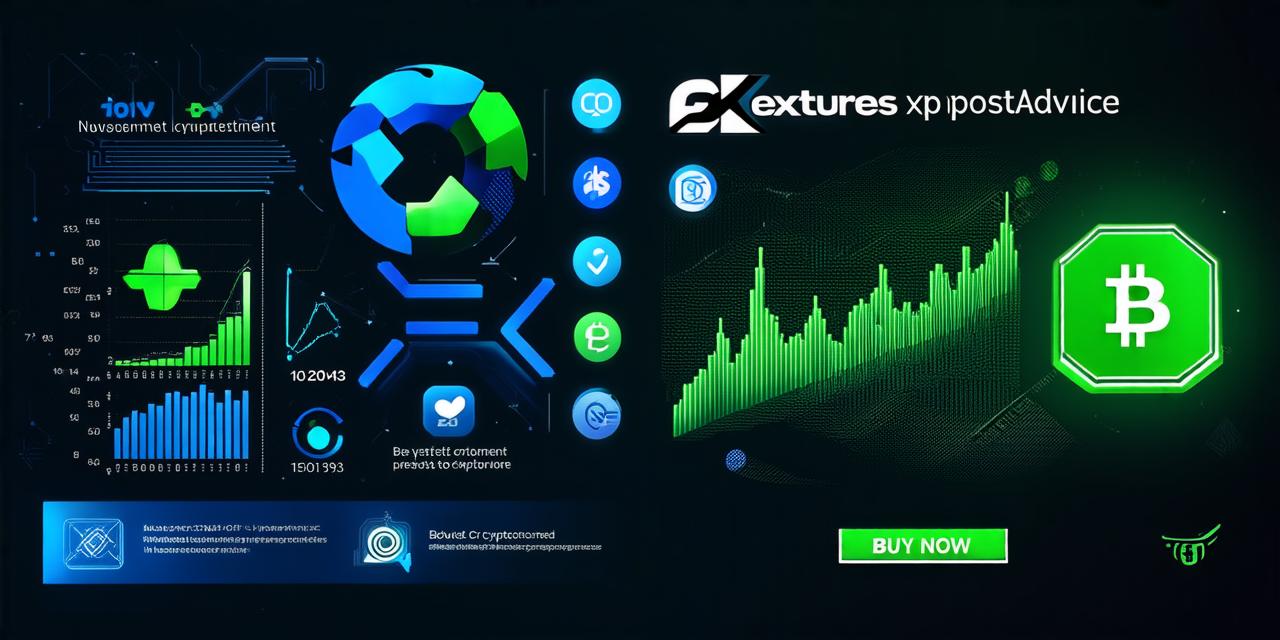Introduction
The world of cryptocurrencies is constantly evolving, with new coins and tokens being created every day. As a crypto developer, it can be difficult to keep up with the latest trends and determine which cryptocurrency to invest in. In this guide, we will explore the top cryptocurrencies currently available and provide insights into why they may or may not be worth your investment.
1. Bitcoin (BTC)
Bitcoin is the original cryptocurrency and continues to be a dominant force in the industry. It was created in 2009 by an unknown person or group under the name Satoshi Nakamoto, and its market capitalization currently stands at over $1 trillion. Bitcoin’s popularity has been driven by its limited supply of 21 million units, as well as the fact that it is widely accepted as a form of payment for goods and services.
One major advantage of investing in Bitcoin is its first-mover status. It was the first cryptocurrency to be created, which means it has a significant amount of brand recognition and credibility within the industry. Additionally, Bitcoin’s network effect is strong, with a large number of users and merchants accepting it as a form of payment.
However, Bitcoin’s high energy consumption and slow transaction times are major drawbacks. Furthermore, there have been concerns about its scalability, which has led to debates within the community about whether or not it can continue to function as a reliable digital currency in the long term.
2. Ethereum (ETH)
Ethereum is a decentralized platform that allows developers to build and deploy smart contracts on top of its blockchain. It was created in 2015 by Vitalik Buterin and has since become the second-largest cryptocurrency by market capitalization, with a value of over $300 billion.
One major advantage of investing in Ethereum is its versatility. Its blockchain technology can be used for a wide range of applications, including decentralized finance (DeFi), non-fungible tokens (NFTs), and more. Additionally, Ethereum’s growing developer community means that there are many opportunities to contribute to the platform and potentially earn rewards through staking or mining.
However, Ethereum’s gas fees can be quite expensive, which can make it less appealing for some users. Furthermore, its scalability issues have led to high transaction times and congestion on the network, which can be frustrating for users and developers alike.
3. Binance Coin (BNB)
Binance Coin is a cryptocurrency created by the popular cryptocurrency exchange Binance. It was launched in 2017 and has since become the third-largest cryptocurrency by market capitalization, with a value of over $90 billion.
One major advantage of investing in Binance Coin is its close association with the Binance exchange. This means that users can use BNB to trade other cryptocurrencies on the exchange at lower fees than they would be able to with other coins. Additionally, BNB can be used as a form of payment for goods and services on the Binance platform.
However, Binance Coin’s value is highly dependent on the performance of the Binance exchange, which has faced regulatory issues in several countries. Furthermore, there have been concerns about the lack of transparency surrounding Binance’s operations and its founder, Changpeng Zhao.
4. Cardano (ADA)
Cardano is a decentralized public blockchain and cryptocurrency project that aims to provide a more secure and scalable platform for the development of decentralized applications. It was created in 2015 by Charles Hoskinson and has since become the fourth-largest cryptocurrency by market capitalization, with a value of over $70 billion.
One major advantage of investing in Cardano is its focus on security and scalability. The platform uses a proof-of-stake consensus mechanism, which is less energy-intensive than the proof-of-work mechanism used by Bitcoin and Ethereum. Additionally, Cardano’s smart contract development tools are designed to be more user-friendly than those of other platforms, making it easier for developers to build decentralized applications on top of its blockchain.
However, Cardano’s development timeline has been slow, with several delays in the release of key features and updates. Furthermore, there have been concerns about the lack of transparency surrounding the project’s decision-making process and its founder, Charles Hoskinson.

Summary
The world of cryptocurrencies is constantly evolving, and there is no guarantee that any particular coin or token will be successful in the long term. However, by understanding the strengths and weaknesses of each platform, developers can make more informed investment decisions and potentially earn significant returns on their investments.
